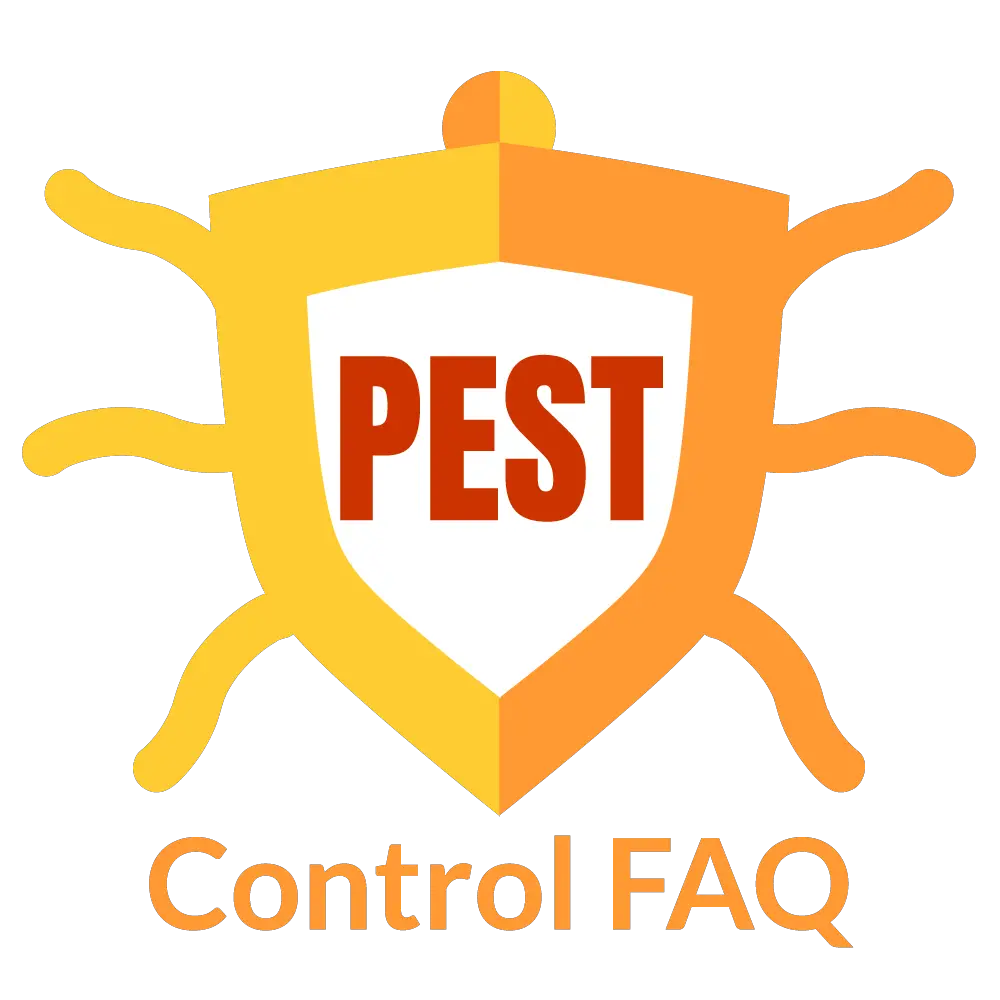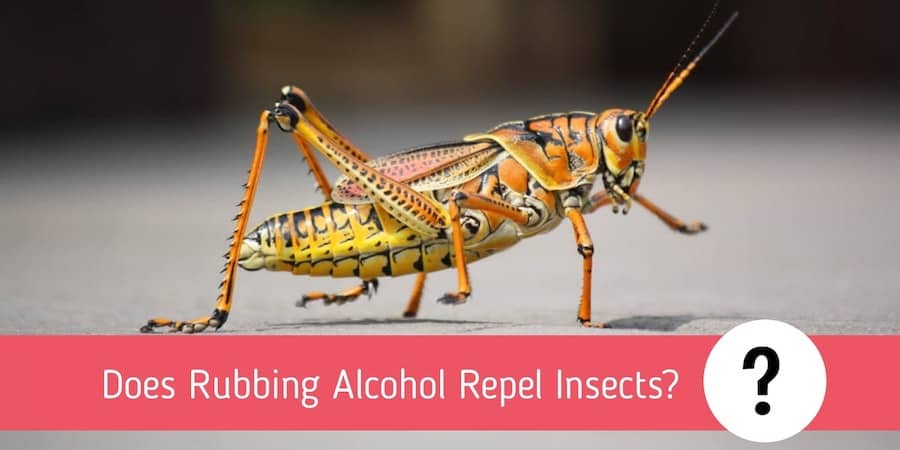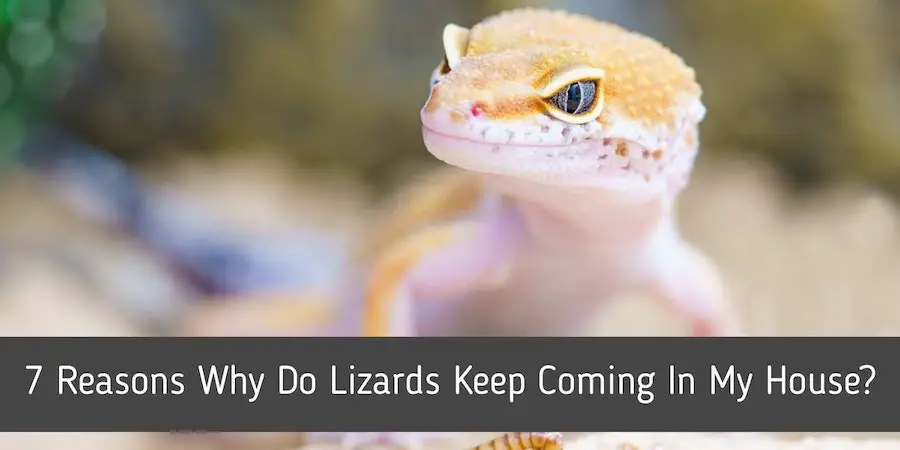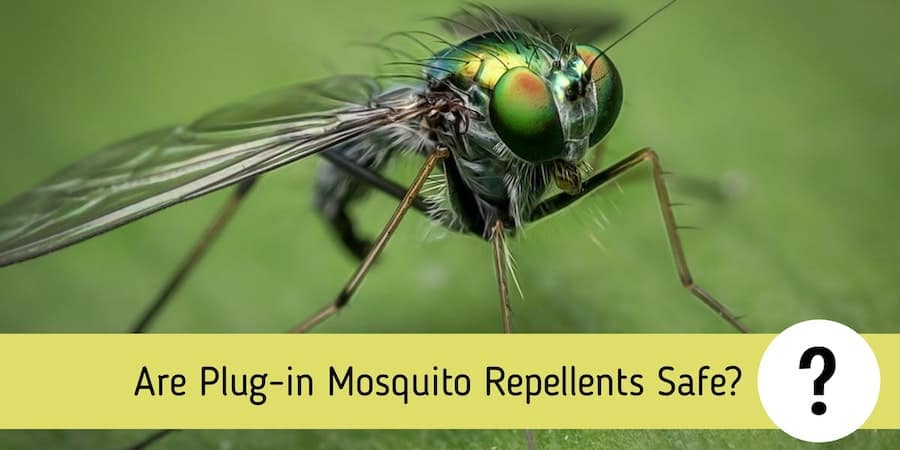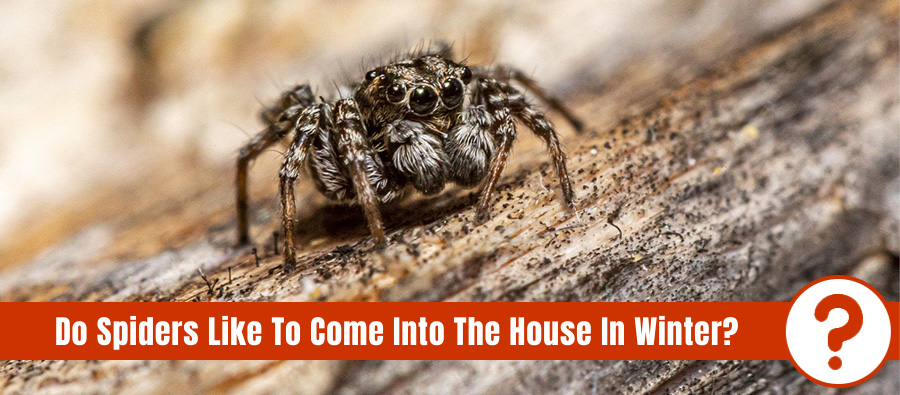If you have pets and small children, you probably have concerns that insecticides and repellents with strong chemicals can be quite dangerous to use. Although rubbing alcohol cannot be ingested, it is quite safe to use around the home and around your children.
So, does rubbing alcohol repel insects? Yes, rubbing alcohol can repel certain insects. It is quite effective in killing insects too. By using alcohol around your home, you are discouraging bugs from flying, crawling about or nesting in your space. They will identify the smell of rubbing alcohol as a danger and will want to avoid it.
In this article you will learn more about the properties of rubbing alcohol, safety measures you must take when using it, and a few natural repellents you may want to use.
Table of Contents
What is Rubbing Alcohol?
Rubbing alcohol is made up of 70% isopropyl alcohol and 30% distilled water. These solutions are primarily used as disinfectants or antiseptics in both homes and medical environments. It is naturally colorless and is sometimes mixed with wintergreen oil for fragrance or pain relief purposes. It is quite handy to have around.
To prevent rubbing alcohol abuse, manufacturers have added bitterants and other poisons to discourage human consumption. This makes it a toxic chemical and should be used properly.
Pesticide vs Repellent
There seems to be a common misconception about the meaning of pesticides and repellents. By definition, a pesticide is any solution, substance, or mixture that can destroy, prevent, and mitigate pests. Therefore the term pesticide is quite broad.
Repellents, on the other hand, actually fall under pesticides. Even if repellents don’t kill the insects or pests in question, they drive them away. Insect repellents are quite versatile, they can either be applied or clipped onto your body or used within a space through heating. Examples of these spatial repellents are lanterns, coils, diffusers, candles, and torches.
People prefer to use repellents to prevent future infestation, as the saying goes, an ounce of prevention is worth a pound of cure.
Effectiveness of Rubbing Alcohol as a Repellent
Rubbing alcohol or 70% isopropyl alcohol is common in almost all households. It’s definitely good for disinfecting while cleaning and has been quite effective in killing insects too.
By nature, this solvent is known for being a drying agent as well. By spraying it directly on insects it destroys them by dehydrating their bodies, in turn, insects know to stay away from areas that smell of rubbing alcohol.
As a repellent, rubbing alcohol is quite effective. When rubbing alcohol is applied on the skin, it deters mosquitoes from biting you but may leave your skin too dry since it is hygroscopic in nature. Manufacturers have now created a variation of rubbing alcohols that are mixed with moisturizers that can lessen the drying effect upon application.
Another example of its effectiveness is through scientific research. A study done in 2015, has proven that a higher concentration of isopropyl (90%) has been the most effective in repelling bed bugs compared to the regular 70% we use at home. The only problem with using rubbing alcohol on your mattress is staining and possible discoloration. Other than that it works like a charm.
Safety Precautions in Using Rubbing Alcohol
Holistic parents discourage the use of rubbing alcohol around children. Even if it is a medical-grade disinfectant, it is still a chemical that may cause harm when ingested. Following these safety precautions are a must:
Use Rubbing Alcohol in a Well Ventilated Area.
Isopropanol is volatile. Using it in a small, enclosed space would mean that you will be inhaling the fumes while you are cleaning with it. Inhaling too much alcohol fumes may cause nausea, vomiting, throat irritation, and difficulty breathing.
Avoid Contact with Eyes
As mentioned, alcohol is a desiccant or a drying agent. It can burn off the cornea of your eye, but will not cause any prolonged damage. If you have gotten rubbing alcohol in your eyes, be sure to wash your eyes thoroughly with water until the burning feeling subsides.
Keep Out of Reach of Children
Ideally, when you live with children, all chemicals and other dangerous objects should be kept out of their reach. Children who have ingested alcohol must be treated immediately. Unlike ethanol, the alcohol we consume in liquor, isopropyl alcohol is not safe to drink since it is mixed with other harmful chemicals that makes it poisonous.
Avoid Ingestion
It’s quite surprising to know how there are adults who intentionally drink rubbing alcohol. The consumption of rubbing alcohol depends on the amount of intake. A small amount may cause the feeling of intoxication; slurred speech, vomiting, and lightheadedness.
But large amounts can be quite deleterious. It can cause severe diarrhea, gastrointestinal bleeding, severe dehydration, coma, and death. Should there be any case of ingestion, seek medical attention immediately.
Keep Away from Open Flame
All types of alcohols are flammable, therefore rubbing alcohol should be kept far away from any source of fire such as sparks or flames. It should be stored in a high-grade container and kept in a cool, dry area.
The use of alcohol, in general, is fine. It is safe to use in disinfecting spaces that children frequent compared to other harsh chemicals that can truly be harmful upon contact. As long as it is used for its intended purpose and is utilized in moderation, there should be no problem in terms of toxicity.
Is It Effective Long Term?
Even if rubbing alcohol is effective in repelling insects, but it alone cannot completely protect you. It is quite handy for emergency cases, but it is not a long term solution. If you want to keep your home safe from insect infestations, you would need to use a more invasive method that would guarantee it.
Other Safe Insect Repellents
If you have been looking for insect repellents that would be safe for frequent use especially for your children, aside from rubbing alcohol, here are a few:
Cedarwood
The strong aroma of cedarwood oil is quite effective for fleas and ticks. Using this around your home deters these pests, and ultimately keeps your pets parasite free.
Vaporub
Most campers swear by this. Using vapor rub isn’t only effective for insect bites, but repel insects as well. The main component of vapor rub – menthol and camphor, are scents that insects, in general, avoid.
Marigolds
Bugs are quite common especially during summertime, because of this, most parents would avoid letting their kids play in the yard. By planting marigolds around, you can protect your kids from nasty bites. The flowers, give off a certain type of smell insects tend to avoid, leaving your garden pest-free.
Vanilla
To be clear, we are pertaining to real vanilla, not the processed ones you buy at the store. All you need to do is drop in half a pod into half a cup of water. It smells great and is excellent at warding flying insects away.
Lavender
Lavender oil is a great bug repellent for both humans and pets alike. Spraying a small amount on your pets can keep fleas away for a very long time. It has also been quite effective against mosquitos, applying the oil on pulse points are very effective.
Citronella
Carbon dioxide and lactic acid attract insects. These compounds are produced by humans which make them susceptible to bites from bugs. Citronella has the ability to mask the scents of these compounds, diverting the insect’s attention, steering them away from the area. It is commonly used in commercialized mosquito patches and lotion repellents.
Rosemary
Aside from being a flavor enhancer, rosemary is quite effective as both a repellent and an insecticide. The live plant steers away from most insects that attack gardens. In a diluted solution, its essential oil can be used as an insecticide to kill all sorts of insects. Rosemary’s active agent, cineole, disrupts the neurotransmitters of insects that paralyzes them until they die.
Homemade Moth Balls
Commercially made mothballs are packed with chemicals and have a strong odor. By making your own mothballs with baby powder, a flower of sulfur and cornstarch, you can definitely steer away moths and all sorts of insects from your cupboards and even your garden.
Eucalyptus
Similar to menthol and camphor, eucalyptus is quite effective in driving away insects. It is one of the most effective bug repellent ingredients that the Centers for Disease Control (CDC) has certified its use. It has a 95% protection rate against mosquitoes.
Neem Oil
It is quite effective to use against mosquitoes with a high protection rate of 3 hours. However, it is not approved as a topical repellent due to irritations it may cause, especially for persons with sensitive skin.
Conclusion: Does Rubbing Alcohol Repel Insects?
Choosing to protect yourself and your home from possible infestations and other bug-related concerns is a practical decision. Using rubbing alcohol as a repellent and as a disinfectant provides you with a quick and easy solution in doing so.
Related questions
Will ant spray kill termites? Termites and ants are not from the same family, but their anatomical structures are quite similar. Having said so, ant spray will be effective in killing termites. In fact, most insecticides made for ants are used for termites as well and vice versa. (full article here)
Are dust mites visible to the naked eye? Dust mites are microscopic insects that are related to spiders. Without the aid of a magnifying tool such as a microscope, you will not be able to see dust mites. A large dust mite would measure around 0.3 millimeters in size, making it impossible to see with the naked eye. (full article here)
Do humane mole traps work? Yes, humane mole traps work. They have been used for years as an organic alternative to removing moles, and even though they require some extra labor – as opposed to using pesticide – humane mole traps actually work. (full article here)
